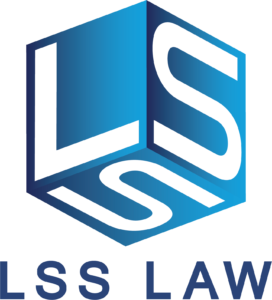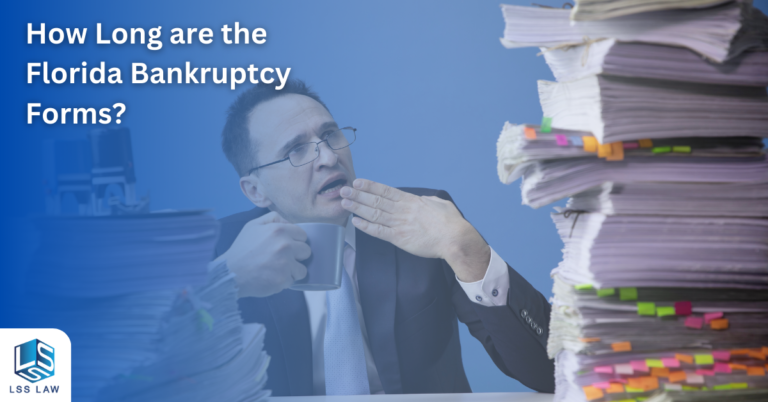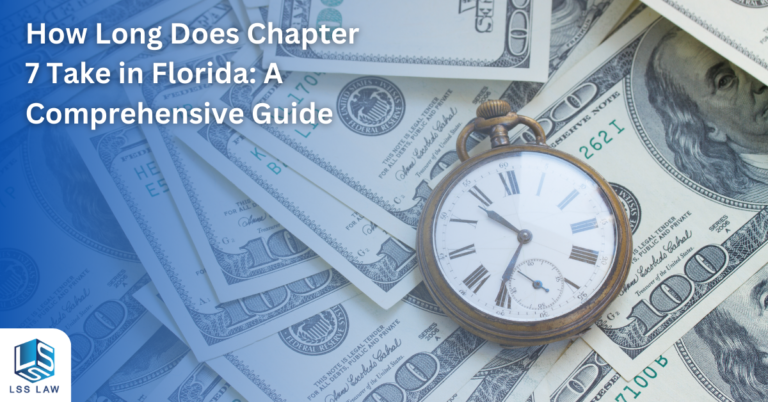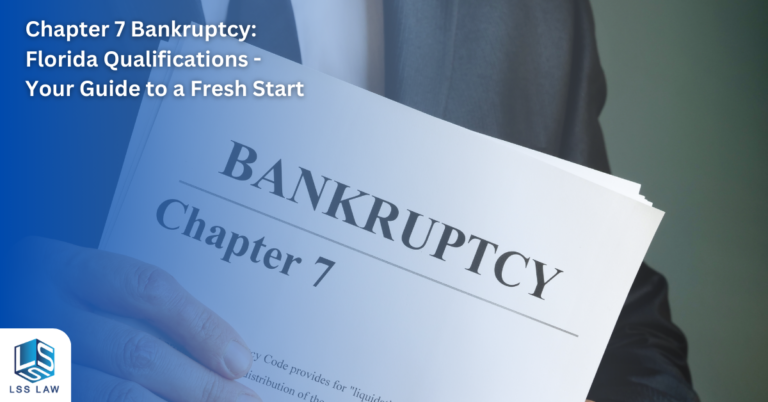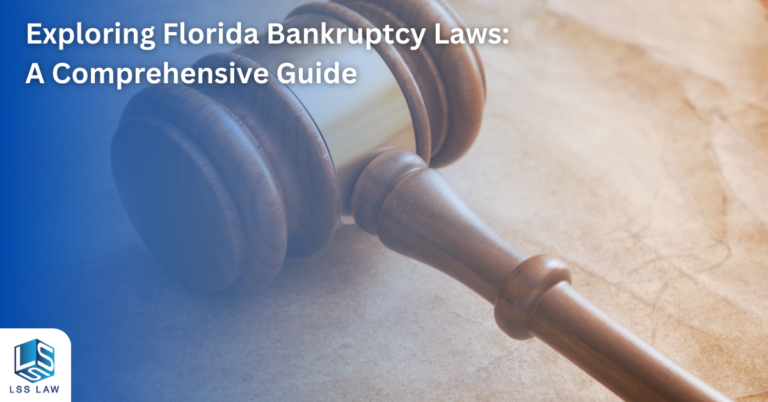If you graduated from college recently, you may be ready to take on the world, but are you ready to take on your student loans? Like most other things in life, it is important to have a strategy in place. Below are a few tips for getting started:
- Finding a job is likely your top priority. If your first student loan payment is going to be due before you are gainfully employed, you should make sure your loan remains in forbearance. This will keep your loan from going into default.
- If you have multiple student loans, you may want to investigate whether consolidating them would be beneficial. This means researching various consolidation programs.
- Create a budget and live within your means.
- Commit to repaying the large majority of your student loan debt while you are young and do not have other significant financial obligations such as a mortgage or children to support.
- Always communicate with your student loan lender, especially if you anticipate trouble in repaying your loan.
Please keep in mind that every matter is different. If you have questions about your student loan debt and you would like to schedule a no-cost consultation to discuss your options, please contact our office by completing the form on this website, calling us at 954-466-0541, or emailing us at info@lsslaw.com.
